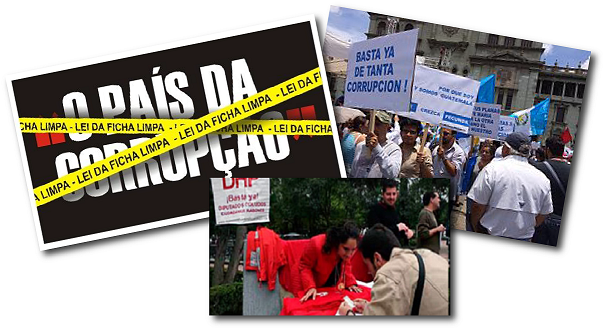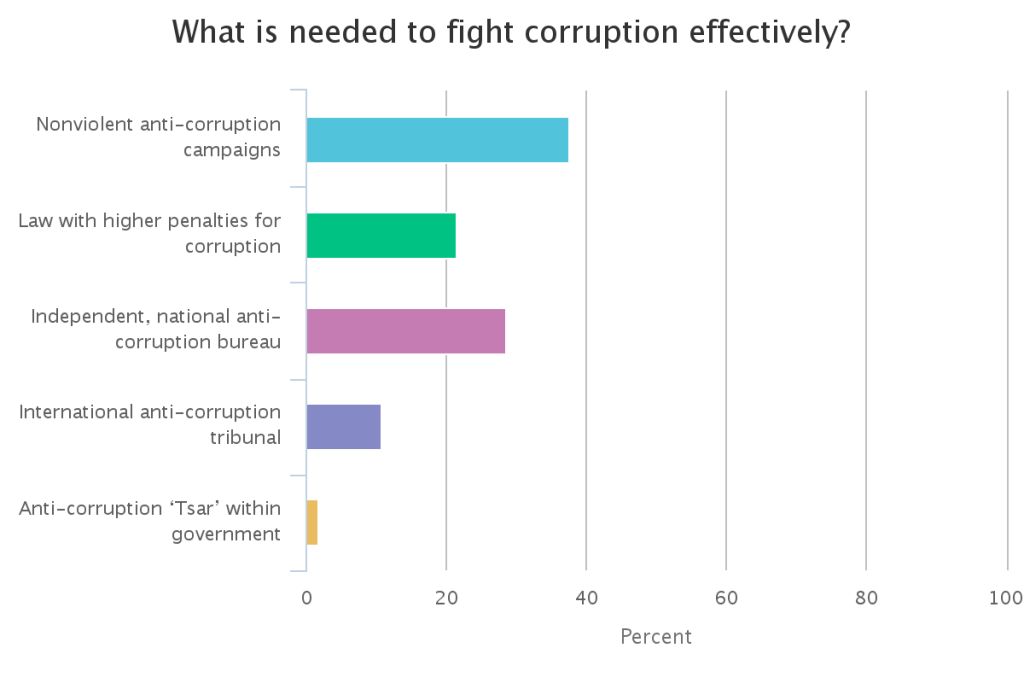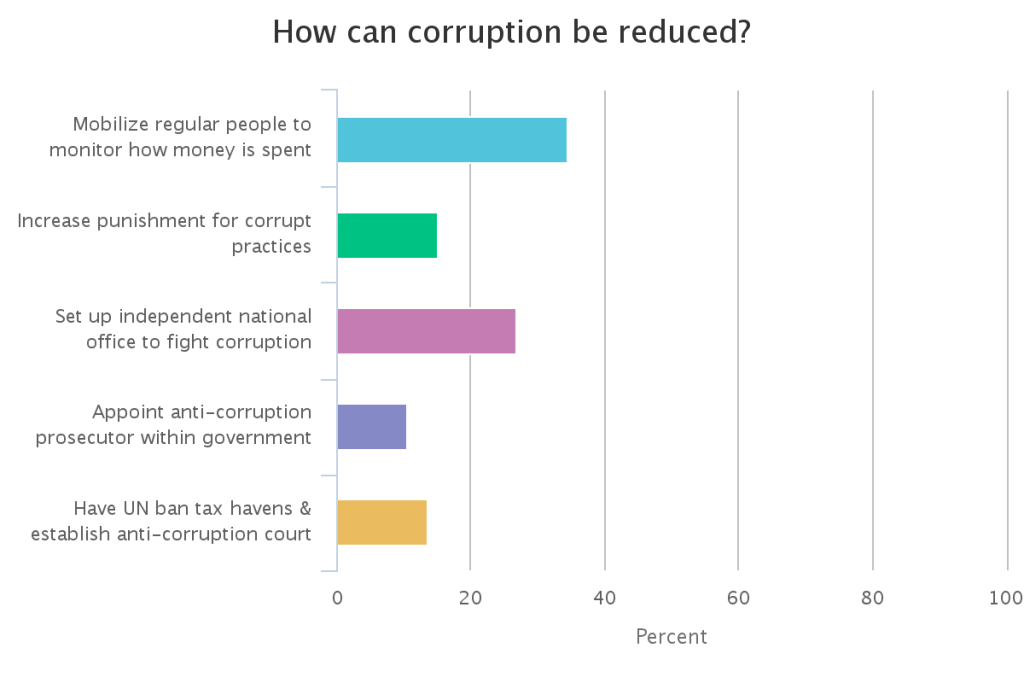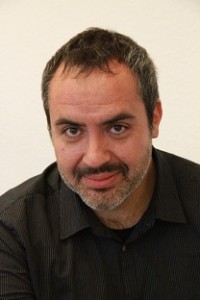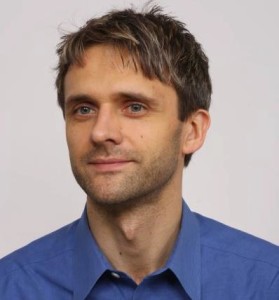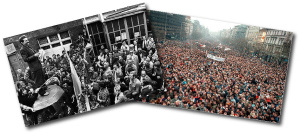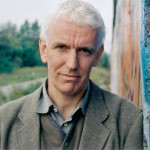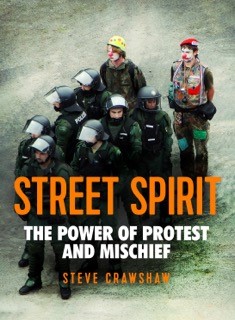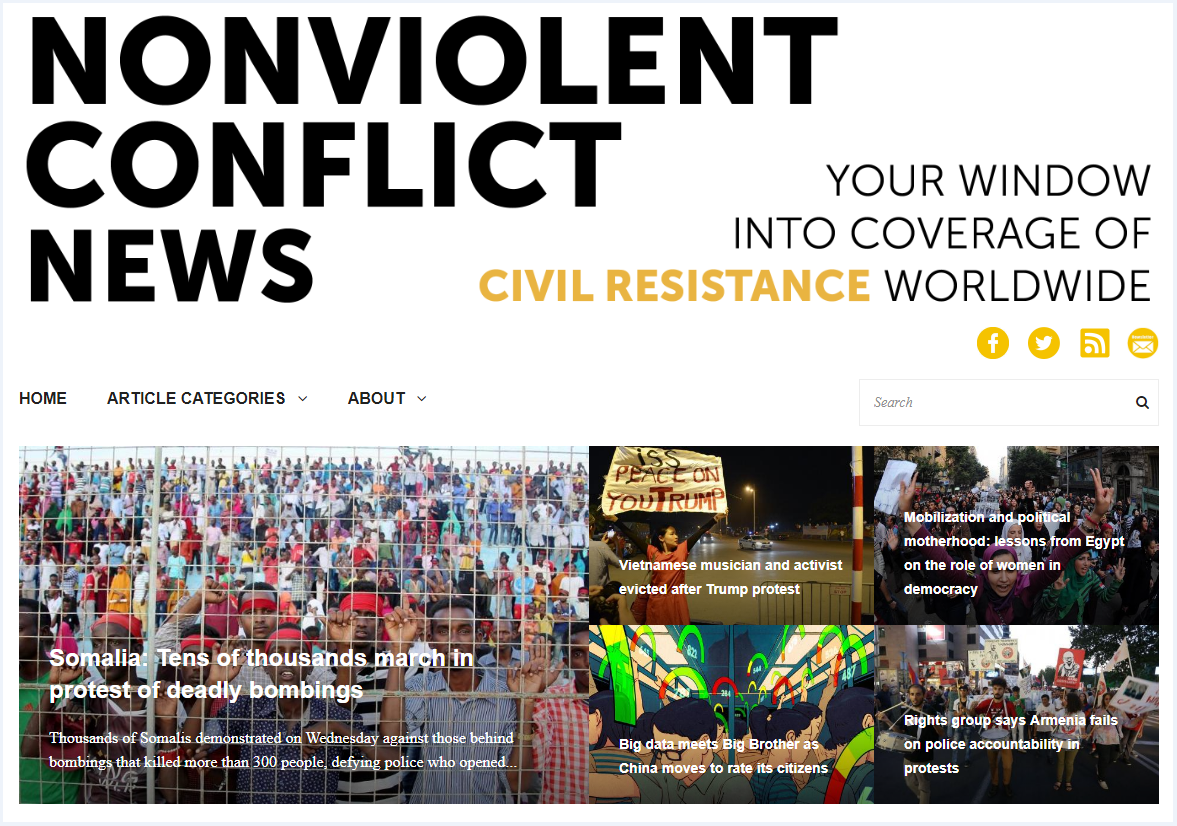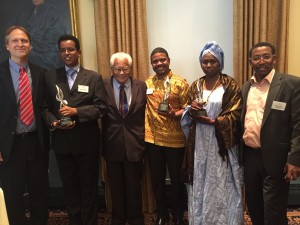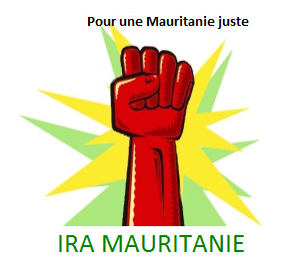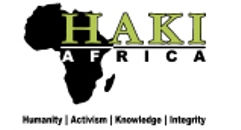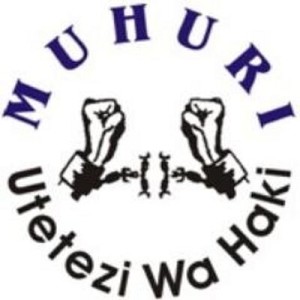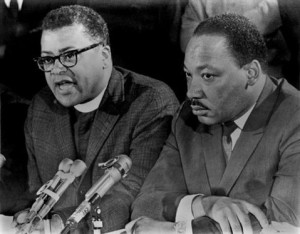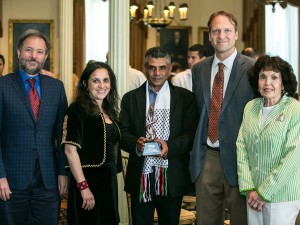 ICNC is launching its second edition of a grant program for high school educators from around the world to support development and implementation of the civil resistance education for high school students in fall 2017 and winter/spring 2018.
ICNC is launching its second edition of a grant program for high school educators from around the world to support development and implementation of the civil resistance education for high school students in fall 2017 and winter/spring 2018.
The application deadline: July 5, 2017.
Before applying, check for more information about the Fellowship by reviewing the following sections:
Fellowship Award
What is Expected from a Fellow
Why to Teach Civil Resistance in High School
Eligibility
Time Frame for Teaching
Language of Instruction
Fellowship Requirement
Required Documentation
Resources in Support of Curriculum Proposal Development
Funds Distribution
Check also the profiles of our 2016 High School Fellows
The support grant is in the amount of $1,000 each and will be offered for up to 8 motivated educators who will embark on the task of developing and teaching a curriculum on nonviolent civil resistance to high school students in either fall semester of 2017 or winter and spring 2018.
What is Expected from a Fellow
Selected fellows will integrate at least six, 45-minute long curriculum units on civil resistance into one of their existing social science courses or create a self-standing seminar on civil resistance as part of the high school senior/junior curriculum, or will set up an after-school seminar.
Why to Teach Civil Resistance in High School
Civil resistance education is emerging as an important element of the college-level educational experience, with a growing number of courses on civil resistance offered at various universities, including in the areas of conflict, peace and security studies, political science, international relations and sociology. As an interdisciplinary topic, civil resistance intersects various academic disciplines: politics, history, sociology, social-psychology, international relations.
A specialized course on civil resistance for high school students can offer them knowledge and skills that are relevant to future advanced studies in broadly understood social sciences.
At the same time, high school students who may be interested in careers in foreign policy, government, community organizing, or civil society organizations can find a course on civil resistance to be a career-oriented learning opportunity. As nonviolent civil resistance movements increasingly shape international affairs and domestic politics in countries around the world, government and civic actors, as well as journalists, are increasingly likely to encounter this phenomenon in their work. In such cases, knowledge about civil resistance movements can constitute an additional career advantage. Such a course may also enhance the students’ skills and commitment to be active citizens in their communities.
Educators with teaching experience from:
- Public/state high schools
- Charter high schools
- Private high schools
- After or out-of-school programs and enrichment organizations working with high school-aged students
can apply for the ICNC High School Curriculum Fellowship.
Fellows are expected to set up and teach the course either in Fall and Winter 2017 or Spring 2018 for a minimum of 6 weeks.
Language of Reporting and Instruction
- Application documents (e.g. application for, syllabus proposal, CV) must be in English
- Reporting to ICNC (two reports with requested documentation will be due at the beginning and end of the course) must be done in English regardless of the language of instruction
- Non-English languages of instruction can be considered provided there are enough translated readings on civil resistance in a specific language; or if a fellow takes it upon him/herself to translate relevant English-language texts
Required Teaching Load
- Fellows have to develop and teach a curriculum on civil resistance. The curriculum should consist of a minimum of 6 class units, each at least 45 minutes long, that will be distributed over a minimum of 6 weeks (not longer than 12 weeks) to give students ample time to reflect on the material, review assigned readings, participate meaningfully in classroom discussions and be able to complete written or oral homework. (see also Class Type)
Acceptable Student Grade Level
The class will be open to:
- high school seniors (final year of high school; 17-18 years old),
- high school juniors (two years prior to high school graduation; 16-17 years old) and, possibly,
- high school sophomores (three years prior to high school graduation; 15-16 years old), provided that seats are not filled by seniors or juniors that must be given preference in enrollment.
Required Enrollment Numbers
- A minimum of 15 students will need to enroll and attend the class. Preference must be given to high school seniors and juniors though, if seats remain available, the class can be opened to interested high school sophomores
Possible Class Type
- integrated curriculum units: a minimum of six, 45-minute long units on civil resistance over a minimum of a 6 week period that are integrated into an existing social science course (e.g., Politics, Civics, Sociology, History, Geography)
or
- a self-standing mandatory or elective course on civil resistance with a minimum of six, 45-minute long units on civil resistance, distributed over a minimum of 6 weeks
or
- a seminar on civil resistance organized as part of a social science club, after school, or enrichment program or study club: a minimum of six, 45-minute long, units on civil resistance, distributed over a minimum of 6 weeks
I. Completed online application with applicant’s CV included
II. Curriculum/syllabus proposal on civil resistance that at a minimum includes the following topics with relevant readings and class assignments:
- Defining civil resistance and movements: What are they and what are they not? (with a possible focus on misconceptions about civil resistance)
- Civil resistance in history: historical cases of nonviolent civil resistance movements and campaigns, which may include international, national, or sub-national examples. Examination of the origin and emergence, conduct, impact and aftermath of these movements and campaigns
- The record and effectiveness of civil resistance movements: What have they achieved, and what is their historic success rate?
- Strategies and tactics of civil resistance campaigns
Additional possible topics include:
- Playing the computer-based game People Power throughout the duration of the course as part of the student home assignment. See the instructions on how to integrate the game into the course.
- Examining the dynamics of civil resistance including but not limited to how populations unify, mobilize, resist repression and cause it to backfire, engage in public communications, gain defections from their opponents, choose tactics and strategies.
In the proposed curriculum/syllabus:
- Specify at least 6 weekly session topics/titles
- Provide descriptions for each of the topics (in addition, you might include questions that will be explored/discussed for each topic session)
- List relevant readings (on average 15-20 pages of reading per week) for each session and any assignments and classwork that will be expected for a specific session or sessions as well as any midterm or final assignments
- Include a sample of the course assignments relevant to the subject of civil resistance that students will be required to complete during the course and the information on how these assignments will be evaluated/assessed. Possible final essay could assess a civil resistance campaign along the lines of “How ‘powerless’ youth and others helped organize ‘people power’ toward change in a public, institutional, or corporate policy”
- Utilize the resources listed below in developing your syllabus/curriculum proposal
Resources in Support of Curriculum Proposal Development
In developing the curriculum proposal on civil resistance applicants are encouraged to review the following resources:
- ICNC Conflict Summaries on Civil Resistance
- ICNC Educational Resources
- ICNC Academic Online Curriculum (that provides a comprehensive list of topics in civil resistance studies, reading lists, videos, teaching aid and syllabi samples and other useful resources)
- Recorded ICNC Webinars (where appropriate, consider integrating selected webinars into the syllabus as part of the student assignments)
- People Power: The Game of Civil Resistance
- Swarthmore Global Nonviolent Action Database
- Nonviolent Conflict News (for current events)
Documentaries
- A Force More Powerful, 2000
- Bringing Down a Dictator, 2001
- The Singing Revolution, 2006
- Orange Revolution, 2007
Selected chapters from the following books can be considered for reading assignments for the senior and junior high schoolers:
- Peter Ackerman and Jack DuVall, A Force More Powerful: A Century of Nonviolent Conflict (New York: Macmillan, 2000)
- Maciej Bartkowski, ed. Recovering Nonviolent History. Civil Resistance in Liberation Struggles (Boulder, CO: Lynne Rienner Publishers, 2013)
- Shaazka Beyerle, Curtailing Corruption. People Power for Accountability and Justice (Boulder, CO: Lynne Rienner Publishers, 2014)
- Kurt Schock, Civil Resistance Today, (Cambridge: Polity Press, 2015)
More advanced core reading on civil resistance includes:
- Erica Chenoweth and Maria Stephan, Why Civil Resistance Works. The Strategic Logic of Nonviolent Conflict (New York: Columbia University Press, 2011)
Additional resources
- Selected Bibliography on Civil Resistance (March 2016): for readings more accessible for high school students check: Online publications, blogs, media articles & studies
- A Diplomat’s Handbook for Democracy Development Support
As part of the grant award, fellows will also be expected to prepare, among others:
- learning gains instrument(s) prior to the start of the course to be used to monitor and assess progress in students’ learning about civil resistance. Review the learning gains templates that will need to be customized depending on the developed course content on civil resistance:
- Template of a pre-seminar learning gains survey (distributed prior to the start of the course)
- Template of a post-seminar learning gains survey (distributed at the end of the course)
- Learning gains survey and results submitted by one of the High School Fellows.
- final course evaluation with students’ feedback on the course content on civil resistance. Review a template of a final course evaluation that will need to be customized according to the course content developed as part of the accepted curriculum proposal
- final report to be submitted to ICNC after the course ends on the delivered content, including any innovative teaching tools used, students’ learning gains (how they were measured and what the results were), results of students’ final evaluation, and student feedback on the game or other relevant course exercises, and general lessons learnt
The funds for the Fellowship will be disbursed in two equal installments:
- at the beginning of the course, after the submission of the updated syllabus and the confirmation of the enrollment numbers and list of students
- at the end of the course after the submission of the final report and evaluation results

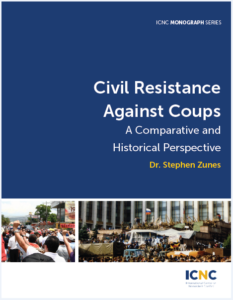
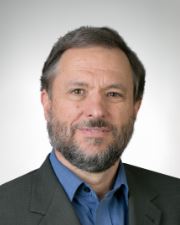
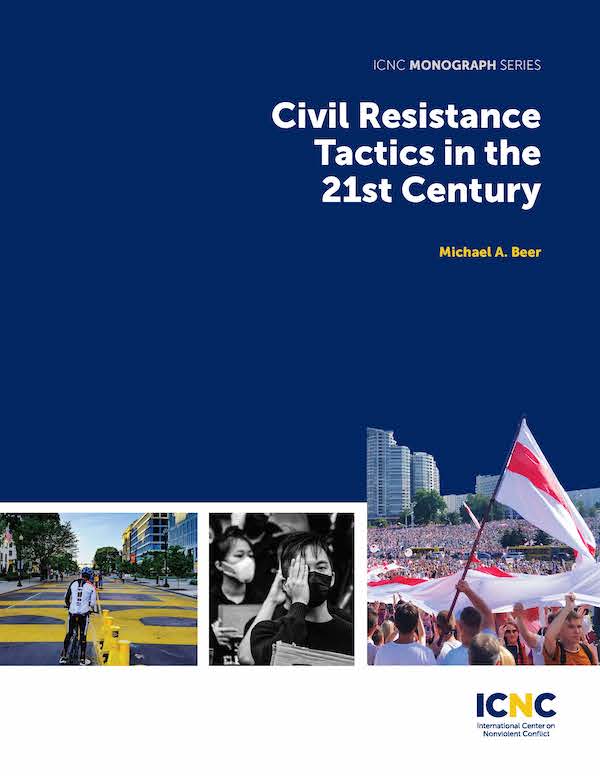
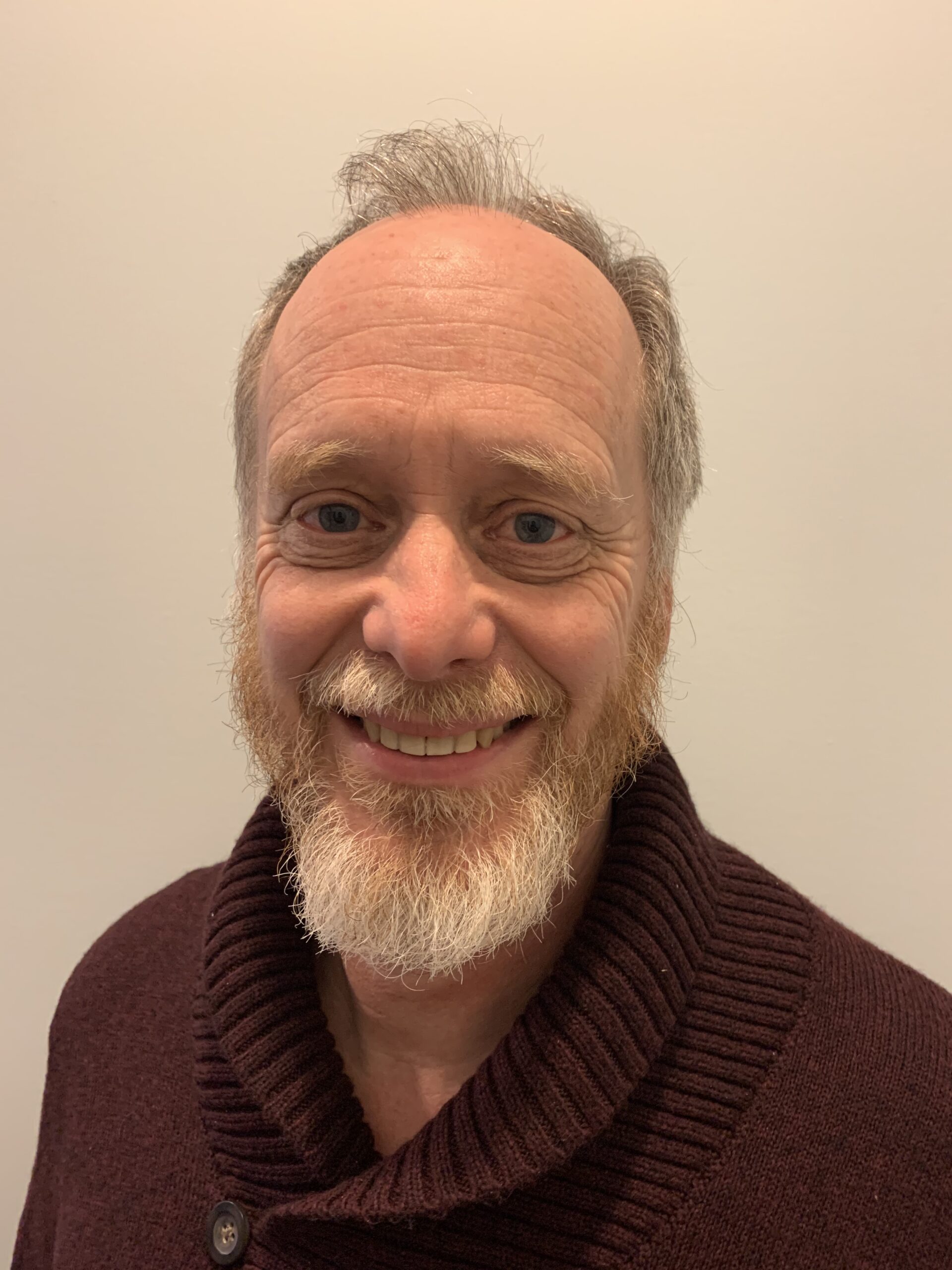 Michael Beer serves as the Director of Nonviolence International, an innovative and respected Washington DC based nonprofit promoting nonviolent approaches to international conflicts. Since 1991 he has worked with NVI to serve marginalized people who seek to use nonviolent tactics often in difficult and dangerous environments. This includes diaspora activists, multinational coalitions, global social movements, as well as within countries including: Myanmar, Tibet, Indonesia, Russia, Thailand, Palestine, Cambodia, East Timor, Iran, India, Kosovo, Zimbabwe, Sudan, and the United States. Michael Beer has a special expertise in supporting movements against dictators and in support of global organizing for justice, environment, and peace. Michael co-parents two teenagers with his patient life partner, Latanja.
Michael Beer serves as the Director of Nonviolence International, an innovative and respected Washington DC based nonprofit promoting nonviolent approaches to international conflicts. Since 1991 he has worked with NVI to serve marginalized people who seek to use nonviolent tactics often in difficult and dangerous environments. This includes diaspora activists, multinational coalitions, global social movements, as well as within countries including: Myanmar, Tibet, Indonesia, Russia, Thailand, Palestine, Cambodia, East Timor, Iran, India, Kosovo, Zimbabwe, Sudan, and the United States. Michael Beer has a special expertise in supporting movements against dictators and in support of global organizing for justice, environment, and peace. Michael co-parents two teenagers with his patient life partner, Latanja.
